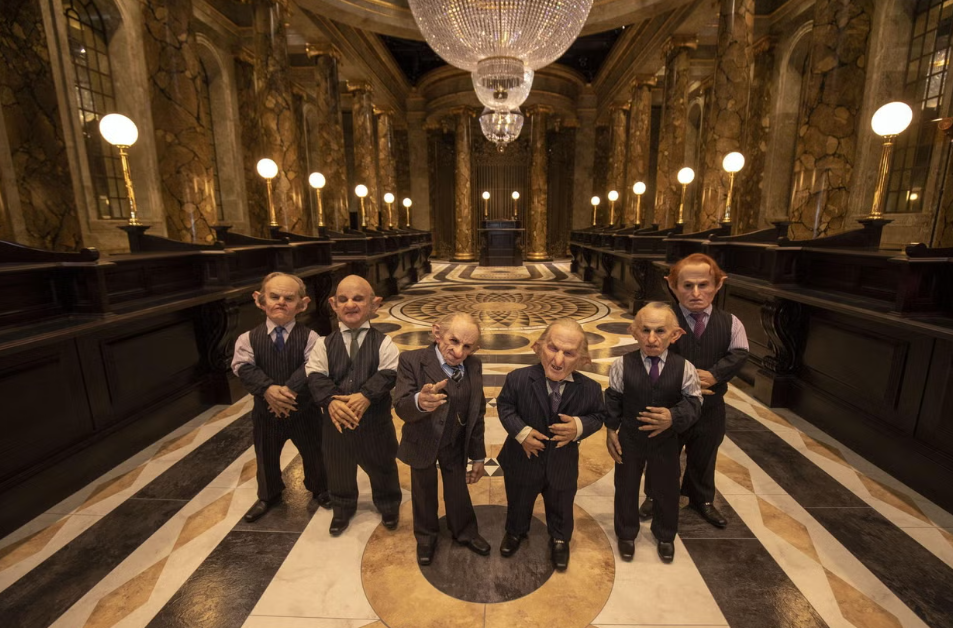
I found a great interview the other day with Bella Hoare, a partner and director at the world’s oldest privately owned bank, C Hoare and Co. The bank has been run by the Hoare family for 12 generations, and was originally set up as a goldsmiths by Richard Hoare in Cheapside in 1672. Almost twenty years later, in 1690, it launched private banking services and moved to 37 Fleet Street, where it’s been ever since.
The interview is quite a long read, but a number of comments really hit the nail with me.
The first is in the core nature of the bank, which has always been an unlimited liability family business. This creates a different way of thinking about risk, customer, investing and more.
Let’s start with their customers. The interview delves into how they work and makes clear that, to be a Hoare’s client you need to deposit at least £3 million and, more than this, you need to be nice.
“We definitely look at the reputational risk of a potential customer. We always consider whether other customers would find it odd that this person banked with us … the key thing is that they are decent human beings.”
That’s an interesting perspective and, bearing in mind the minimum £3 million in cash to open an account and be nice, is why they have just 15,000 customers. But rich customers.
So, what happens if I become a customer? Well, you get very discrete, personal service, and although she recognises everyone is going digital, Bella Hoare is very keen to keep one major attribute that other banks are losing or have lost.
“Lots of our customers are people who are about to become inheritors and who are facing taking on running the family business. They are very grateful for the human connection you get at Hoares. The big high street banks offer a fantastic service but they have managed their cost income ratio by taking human beings out of the equation. When your life gets complicated and the numbers are big, there is nothing like talking to a human being.”
This is a key point as many of the customers are not necessarily inheritors but self-made millionaires, and someone who has made their fortune doesn’t want to lose it easily. That’s why Hoares invests wisely. This strategy is based on strict rules created in the 19th century when the bank was almost destroyed by the reckless investment strategy of the seventh generation Hoares (we are currently on the 12th generation).
We “implemented some very strict rules and stuck to them. It means we are counter cyclical: during periods of great excitement and euphoria, we find it hard to lend money because someone else will lend it at worse security at a cheaper rate. Yet in 2008 when every other bank was pulling the rug from every customer, we were able to look after ours. For us to run out of ready cash, in 90 days, 70 per cent of our deposits would have to go. Northern Rock went bust in 2008 because they lost just 10 per cent.”
Because of this strategy, you also get a different way of managing assets and risk than with the large commercial banks.
“What you get with our structure that you don’t get with JP Morgan is deep care. Some of that is self-interest. Because we have unlimited liability, if there is a hole in the balance sheet, everything I own goes into that hole before a customer loses a penny. Which makes us fairly focused on risk management.”
There is a final comment in the long interview that I liked, as it showed her personal thinking. The interviewer was asking her about school, education and university, none of which Bella enjoyed much growing up. Now that she’s on the board of a bank, she can see that education is not necessarily what makes the difference.
“I’ve seen people with two degrees who, give them a practical problem, they can’t manage their way out of a paper bag. You might be really good at taking exams but can’t do anything collaborative. The education system isn’t designed for the world of modern work.”
Totally agree with that sentiment myself.
The final thing I’ll mention, going back to personal service and being the world’s oldest private bank, the interviewer made a note of the bank when visiting.
Behind the bank’s formidable stone-clad exterior, cashiers sit at high chairs behind original Victorian counters. Napoleonic-era muskets – the bank’s original method of security – line the walls. There are grand paintings of ancestral partners, some bearing epithets such as Henry the Magnificent, and an awful lot of wood panelling. It is, agrees Hoare, who became a partner in 2001, like a cross between the bank in Mary Poppins and Gringotts in Harry Potter.
Loving the sound of this bank, and wondering whether JK Rowling is now a customer?
You can read the full interview, with much more insights into Bella’s personal life, here:
https://www.telegraph.co.uk/news/2024/05/19/bella-hoare-interview-bank-art/
Meanwhile, if you want to more about the bank, click here:
https://www.hoaresbank.co.uk/our-history
And if you want to know how to buy a million pound house with zero income, checkout how private banks work:
https://www.telegraph.co.uk/money/banking/private-banks-no-income-home-loan-mortgage-deposit/
Chris M Skinner
Chris Skinner is best known as an independent commentator on the financial markets through his blog, TheFinanser.com, as author of the bestselling book Digital Bank, and Chair of the European networking forum the Financial Services Club. He has been voted one of the most influential people in banking by The Financial Brand (as well as one of the best blogs), a FinTech Titan (Next Bank), one of the Fintech Leaders you need to follow (City AM, Deluxe and Jax Finance), as well as one of the Top 40 most influential people in financial technology by the Wall Street Journal's Financial News. To learn more click here...

